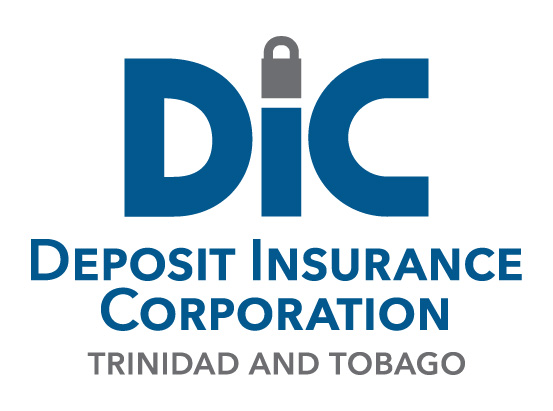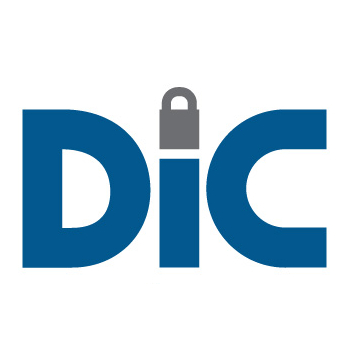The DIC determines from the records of the institution how much a depositor should be paid, based on the principal balance on account with the institution, along with interest accrued up to the date of the institution’s closure. If this amount is not what the depositor expects to receive, the depositor must then provide proof to the DIC to substantiate his or her claim.
Frequently Asked Questions
Did You Know?
- Misconception: Certificates, deposit books and other documentary evidence of deposits held in a member institution are not relevant to making claims in the event of a failure. - Fact: A claim, supported by appropriate proof, must be made to the Deposit Insurance Corporation before payment of deposit insurance can be made. As such, all information including certificates, deposit books bank statements etc. would be required to facilitate a smooth payout process. See Tips for Depositors.




